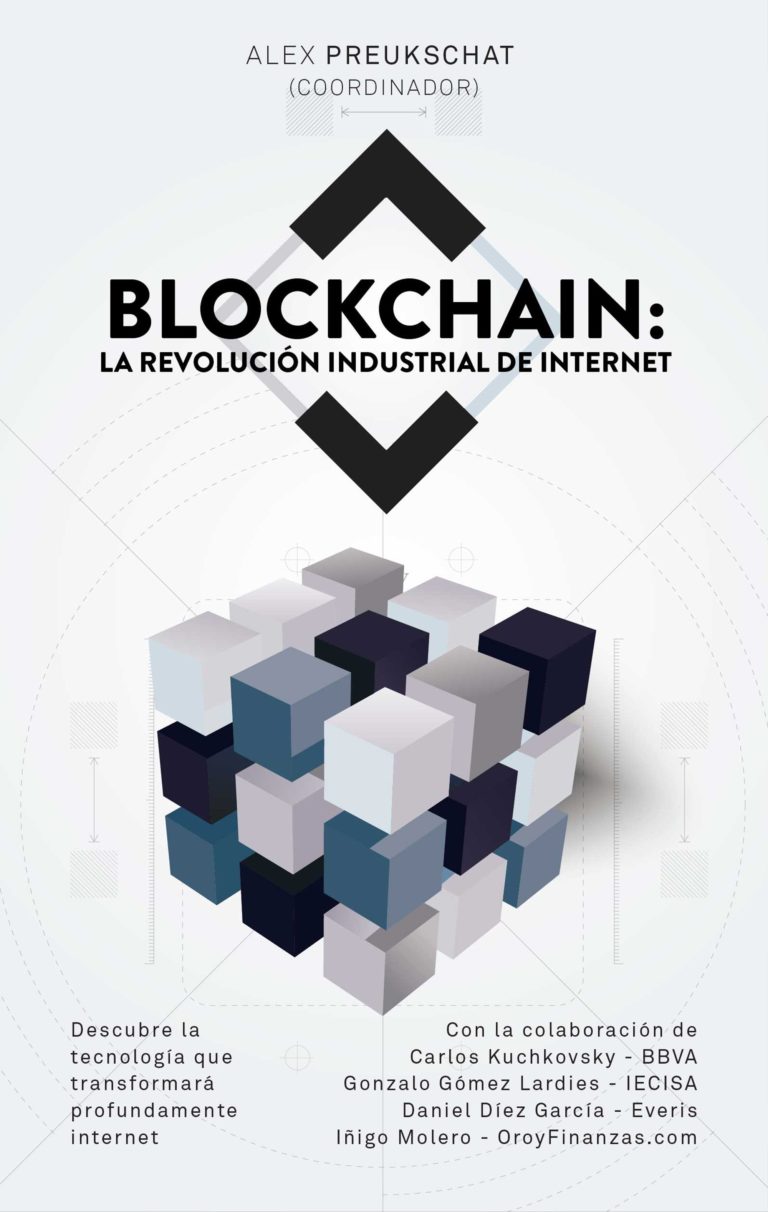Blockchain: The e-commerce of trust
Blockchain has the potential to transform the way business is conducted, whether in transactions between private individuals or relations between government agencies and citizens. With this column about e-commerce, Adolfo Contreras Ruiz de Alda, co-author of Blockchain: the Industrial Revolution of Internet, begins a series of articles that will describe the impact of the new decentralized technologies on different areas and activities.

In how many online stores does a person usually shop? I would dare to say that regular online shoppers don’t buy in more than 20 stores in total, 50 at the very most. But how many online stores are there in the world? There are tens of millions.
Thanks to the internet of information and peer recommendations, ‘newborn’ online merchants are able to tap into huge markets. But these tools have their limitations. People only trust the social media recommendations from certain circles of peers or friends. Very rarely, hardly ever, they rely on recommendations coming from people or groups beyond their domestic borders.
The question here is what would happen if there were a tool that allowed us to find out whether or not a company is trustworthy"
. A system that allowed us to pay only after receiving the items we ordered in perfect condition, where recommendations are always from actual buyers because that system can guarantee that the person did buy the item from that specific store, a system that keeps logs to certify that the experience was just as described in the recommendation.
All this is what blockchain can make possible, if applied to e-commerce. To understand why it is possible to trust incorruptible data, first we need to understand some of the fundamentals of its underlying technology. When we shop online, virtually all the activity – from the moment we log onto the store, to the moment we receive our order at home – can be digitized, i.e., turned into data. This means that each transaction, each step in our shopping process can have a datum attached to it. Blockchain allows these data to be verifiable, as it guarantees that the data reflect what really happened.
The potential of this new way of trust is tremendous, as it would entail being able to access stores from across the world with full guarantees. For online merchants, a technology such as this would allow them tap into truly global markets"
The internet of information promised us the demise of the middleman, but what’s actually happened is that we have replaced a bunch of them with just a few (Amazon and Alibaba, primarily). Amazon doesn’t just offer an extremely convenient check-out process; it also has sales, returns and delivery processes that are all very convenient for the user. Wouldn’t it be great if there were a way to make sure that, regardless of where we shop online, we'd always enjoy this level of service?
A plethora of trials, pilot tests and proof of concepts are currently taking place, to probe the multiple applications of the blockchain technology. But we’ll have to wait to see which ones of them end up succeeding. Thanks to blockchain, we may soon begin to enjoy the e-commerce of trust, the logistics of trust, and many other changes that were implied by the e-commerce of the disruptors of the next 20 years.
ADOLFO CONTRERAS RUIZ DE ALDA

Adolfo Contreras Ruiz de Alda is CEO of Dejaki.com and co-author of the book Blockchain: La revolución industrial de Internet (Blockchain: The Internet’s Industrial Revolution) published by Ediciones Gestión 2000 (Grupo Planeta) and available at Amazon.es.
For the latest about the book & blockchain, follow @LibroBlockchain and LibroBlockchain.com.